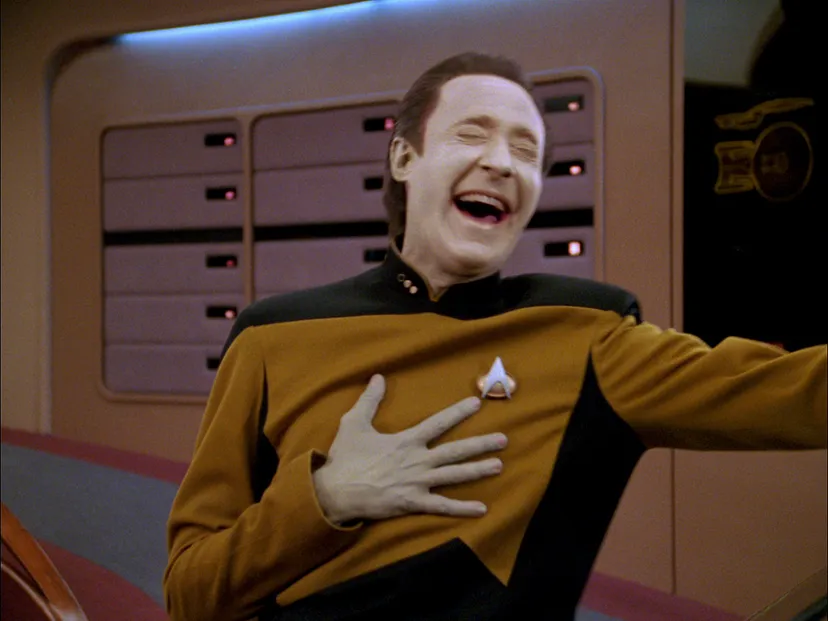AI is a tool. It can "make art" the same way a screwdriver can assemble a piece of flatpack furniture,* Not only must someone wield the tool, someone has to design and manufacture the piece of crap using other tools.
The moral panic around generative AI with regard to art has caught fire and grabbed public concern to the degree it has primarily for economic, not aesthetic reasons: artists may spend years or decades learning the skills to use the tools required to produce most commercial art and therefore sustain some level of livelihood exercising their own artistic talents, however remarkable or meager those may be.
AI appears to be on the cusp of critically devaluing the mastery of those skills. It's going to start peeling away and reducing the demand for entry-level, generic and particularly practical illustration: ten sustainable incomes left for exceptional talents to design and render key art rather than ten thousand folks who may not be real inspired but know how to use Illustrator and Photoshop and who understand perspective, etc.
The folks drafting assembly drawings for IKEA? Trilobites, real soon now. Guys doing 'Shopped renderings of automobiles for slick product presentations? Whatever demand there still is for that right now will be decimated but not eliminated.
Oh, and coming back to the topic of writing...the Hemingways, Didions, maybe the Kings and Clancys** will still be visible above the sea of mush. But ChatGPT's a screwdriver's turn away from generating more useful cut-and-paste verbiage on how to assemble a bedroom end table than whoever the fuck's being paid to do it now.***
*Don't ask.
**Yes, the rhetorical use of the plural is certainly pretentious and perhaps offensive. Except for Clancy.
***Please have Boston Dynamics send a droid over here to screw the bottom drawer of this #@*! thing together.
The moral panic around generative AI with regard to art has caught fire and grabbed public concern to the degree it has primarily for economic, not aesthetic reasons: artists may spend years or decades learning the skills to use the tools required to produce most commercial art and therefore sustain some level of livelihood exercising their own artistic talents, however remarkable or meager those may be.
AI appears to be on the cusp of critically devaluing the mastery of those skills. It's going to start peeling away and reducing the demand for entry-level, generic and particularly practical illustration: ten sustainable incomes left for exceptional talents to design and render key art rather than ten thousand folks who may not be real inspired but know how to use Illustrator and Photoshop and who understand perspective, etc.
The folks drafting assembly drawings for IKEA? Trilobites, real soon now. Guys doing 'Shopped renderings of automobiles for slick product presentations? Whatever demand there still is for that right now will be decimated but not eliminated.
Oh, and coming back to the topic of writing...the Hemingways, Didions, maybe the Kings and Clancys** will still be visible above the sea of mush. But ChatGPT's a screwdriver's turn away from generating more useful cut-and-paste verbiage on how to assemble a bedroom end table than whoever the fuck's being paid to do it now.***
*Don't ask.

**Yes, the rhetorical use of the plural is certainly pretentious and perhaps offensive. Except for Clancy.
***Please have Boston Dynamics send a droid over here to screw the bottom drawer of this #@*! thing together.
Last edited:


